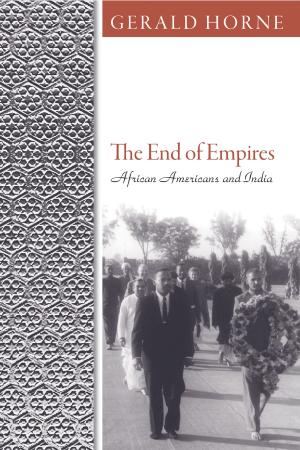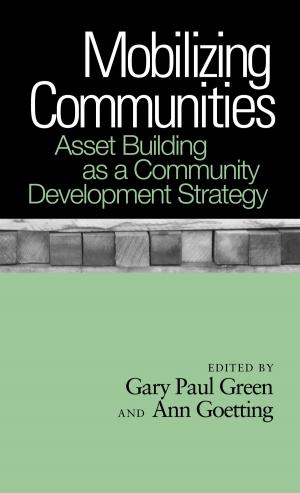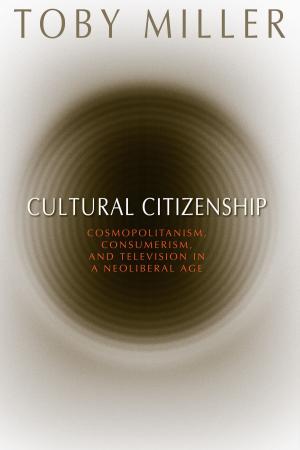Material Law
A Jurisprudence of What's Real
Nonfiction, Reference & Language, Law, Jurisprudence, Social & Cultural Studies, Political Science, Government| Author: | John Brigham | ISBN: | 9781592139668 |
| Publisher: | Temple University Press | Publication: | July 28, 2009 |
| Imprint: | Temple University Press | Language: | English |
| Author: | John Brigham |
| ISBN: | 9781592139668 |
| Publisher: | Temple University Press |
| Publication: | July 28, 2009 |
| Imprint: | Temple University Press |
| Language: | English |
Law is part of the process by which people construct their views of the world. In Material Law, distinguished scholar John Brigham focuses on the places where law and material life intersect, and how law creates and alters our social reality. Brigham looks at an eclectic group of bodies and things—from maps and territories and trends in courthouse architecture to a woman’s womb and a judge’s body—to make connections between the material and the legal.
Theoretically sophisticated, and consistently fascinating, Material Law integrates law and society, political science, and popular culture in a truly interdisciplinary fashion. Brigham examines how the meaning of law is influenced by politics, reviewing, for example, whether the authority of global law supersedes that of national law in the context of Anglo-American cultural colonialism. What emerges is a well-reasoned look at how the authority of law constitutes what we see as real in our lives.
Law is part of the process by which people construct their views of the world. In Material Law, distinguished scholar John Brigham focuses on the places where law and material life intersect, and how law creates and alters our social reality. Brigham looks at an eclectic group of bodies and things—from maps and territories and trends in courthouse architecture to a woman’s womb and a judge’s body—to make connections between the material and the legal.
Theoretically sophisticated, and consistently fascinating, Material Law integrates law and society, political science, and popular culture in a truly interdisciplinary fashion. Brigham examines how the meaning of law is influenced by politics, reviewing, for example, whether the authority of global law supersedes that of national law in the context of Anglo-American cultural colonialism. What emerges is a well-reasoned look at how the authority of law constitutes what we see as real in our lives.















